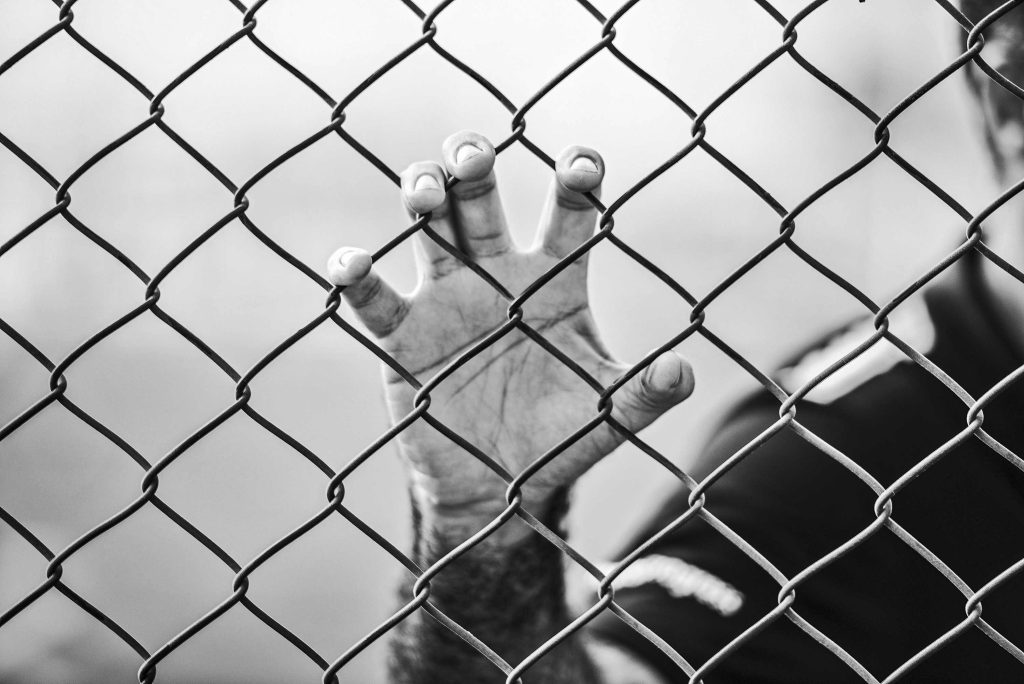
When you think “prison story,” you probably imagine gritty courtroom drama and redemption arcs. This is not that. Starved Behind Bars, a three-part investigation by Daniel Ojukwu and Ayo Oladiran for the Foundation for Investigative Journalism (FIJ), lifts the lid on a system where survival is for sale, public money goes missing in plain sight, and even children get chewed up by bureaucracy. It’s a panoramic look at what happens when the food budget doesn’t feed people, when procurement becomes a personal ATM, and when the juvenile “safety net” has giant holes. The series ran October 6–8, 2025, and it’s one of those rare projects that connects personal testimonies, documents, and policy failures into a story you can’t shake off.
Meet the reporters
Daniel Ojukwu and Ayo Oladiran are the kind of reporters who show their work: video, affidavits, contracts, official statements, and on-the-record interviews. Over three days, they published a sequence that moves from inside the cells to the procurement office to the courtroom steps—mapping how neglect and corruption feed each other. Part 1 (Oct 6) documents the survival economy inside prisons; Part 2 (Oct 7) follows the money and alleged kickbacks; Part 3 (Oct 8) examines children caught in the system and the yawning gap between policy and practice.
Part 1: Survival is a marketplace
In “STARVED BEHIND BARS (I)”, FIJ reports that inmates in facilities like Kirikiri and Kuje are pushed into a shadow economy just to eat: sex-for-cash deals as low as ₦5,000, and an active trade in cannabis (“loud”) that flourishes when guards look away—if you can pay. Multiple sources describe food that “isn’t good enough for animals,” a claim backed by hearings where officials admitted inmates were budgeted ₦750 per day (later raised to ₦1,270), an amount FIJ’s price analysis shows still can’t buy a healthy meal.
The piece includes video from inside cells and first-person accounts of “Angola,” an internal punishment zone where beatings and humiliation enforce informal rules. It’s a grim portrait of what happens when the formal system fails and the informal one—cash—decides who eats and who gets abused.
Why it matters: When 54,000+ people are awaiting trial yet living under the same conditions as convicts, the presumption of innocence is meaningless. Food and medicine shortfalls don’t just violate rights; they fuel an underground economy that multiplies harm.
Part 2: Follow the contracts
The second installment, “STARVED BEHIND BARS (II)”, pivots from the cellblock to the spreadsheet. It centers on Ismaila Adagiri, then the Nigerian Correctional Service’s head of procurement, and allegations—by his nephew, Aliyu Raji—of 20–25% kickbacks for contract approvals, including for inmate rations.
FIJ publishes Raji’s petition to the EFCC, an affidavit, and sample award letters (some allegedly without competitive bids) to show how phantom or duplicated contracts can turn public funds into private profit—while the food crisis persists. Officials promised probes; FIJ names who said what and when, and records that promised investigations dragged or fizzled. It’s the “how the sausage gets (not) made” chapter of the series.
Why it matters: If the budget meant to feed inmates is skimmed through fake or pre-sold contracts, hunger becomes a line item. This isn’t a side scandal; it’s the supply chain for abuse described in Part 1. The result is predictable: the poorer you are, the hungrier—and the more vulnerable—you become.
Part 3: When the system swallows children
Finally, “STARVED BEHIND BARS (III)” confronts a reality that should stop everyone cold: minors fainting in court after weeks in police custody during the 2024 #EndBadGovernance crackdown, and a juvenile system with just three functional Borstal homes and chronic capacity gaps.
The piece documents presidential orders to drop charges and official promises to investigate police conduct—then shows how those promises weren’t fulfilled. Legal experts and former detainees explain the policy–practice gap: there are reformist laws on paper, but everyday procedure (remands, overcrowding, poor data, weak oversight) keeps reproducing injustice. The statistics are stark: 81,000 inmates in facilities built for ~58,300, with a high share awaiting trial. For children without lawyers or money, that wait can be years.
Why it matters: When kids end up in adult cells—or languish because the state can’t (or won’t) process cases—the damage is lifelong. The story points to fixes already advocated by civil society: legal aid, functioning juvenile homes, digitized inmate records, and real procurement oversight. It’s not rocket science; it’s political will.
Read the full series
- Part 1 — Survival economy in the cells: STARVED BEHIND BARS (I): Prison Inmates Exchange Sex for ₦5,000, Trade Drugs to Survive Systemic Neglect. fij.ng
- Part 2 — The procurement machine: STARVED BEHIND BARS (II): NCoS Procurement Boss Ismaila Adagiri Lives Fat on ‘Contract Fraud’. fij.ng
- Part 3 — Children and the justice gap: STARVED BEHIND BARS (III): The Children, The Problems, The Justice System. fij.ng
About FIJ
The Foundation for Investigative Journalism is independent, persistent, and frankly fearless—publishing when official lines say “nothing to see here.” Ojukwu and Oladiran’s reporting doesn’t just surface harm; it documents who knew, what was promised, and what didn’t happen, so citizens, lawyers, and lawmakers have something solid to push against. That’s how reforms begin.
